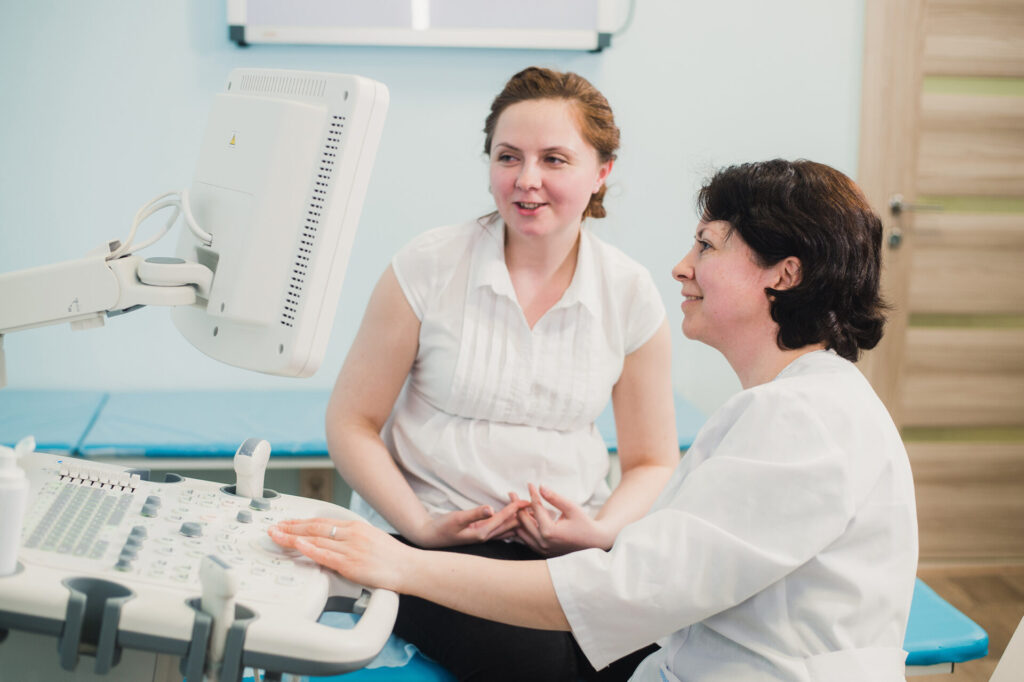Bone Scan
Radioisotope Bone scan, Whole Body Bone scan, WBBS, Limited Bone scan.
A Bone scan is a very sensitive test which can be used to identify and diagnose many bone conditions including (but not limited to) infection, malignancy, sports injuries, fractures and arthritis.

Find a PRP Clinic Near You Offering Bone Scan Services
- Central Coast: Gosford North
- Toukley
- Tuggerah
- Woy Woy
- Eastern Suburbs: Zetland
- Illawarra: Shellharbour
- Wollongong
- Northern Beaches: Dee Why
Bone Scan - What You Need To Know

What is a Bone Scan
A Bone scan is a very sensitive test which can be used to identify and diagnose many bone conditions including (but not limited to) infection, malignancy, sports injuries, fractures and arthritis.
What are the benefits of a Bone Scan
- Early identification and diagnosis of fractures
- Highlight bony changes that could represent widespread joint arthritis
- Diagnose bone deposits of metastatic disease
- Specifically diagnose areas of vertebral pain that could be treated with cortisone injections
- Non-invasive
- Bulk billed*
What are the risks of a Bone Scan
- For the general population there are no risks associated with bone scans
- Not performed on pregnant women
- Consideration to be taken for breastfeeding women, no feeding for 24hrs post bone scan to allow for radioactive decay
How to Prepare For A Bone Scan
Preparation
There is no preparation required for a Bone Scan.
How long does a Bone Scan take
The bone scan is a two part test;
Part 1 is an injection that takes about 15 minutes. You will then be given a time to return to the practice in 2-4 hours.
Part 2 is where the scans are performed. This usually takes 30-60 minutes depending on which part of the body is being scanned.
The Bone Scan procedure
Part 1: You will be given a small injection of a radioactive tracer that the body absorbs into the bones. This injection is unlikely to make you feel any different. Depending on the reason for your scan, the technologist may take some images immediately following the injection to assess the blood flow to the area of interest. This part takes about 15 minutes to complete. You will then be given a time to return to the practice 2- 4 hrs later for more images. Please go about your normal activities including drinking/eating and driving, during this time.
Part 2: When you return, the technologist will perform scans of your bones. This part usually takes between 30-60 minutes to complete, depending on which part of the body is being scanned.
Post Bone Scan
After your examination
Eat and drink as normal before and after your scan.
Resume normal activities (including driving) following your injection.
What happens to my results, Images and report
All images for your study will be available on the myPRP patient portal soon after your examination is complete. A report that includes a link to your study will be sent directly to your referring doctor. PRP Imaging will store digital copies of all studies on our secure database for comparison with any future examinations.
Normal and abnormal studies are both important for your management and PRP Imaging encourages you to return to your doctor for review of the results.

What Our Patients Say About PRP
Very efficient and short waiting time. Exactly what you want from a medical establishment. Staff was professional and courteous.

